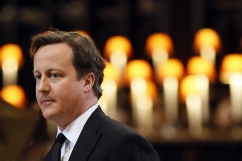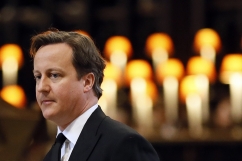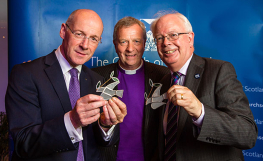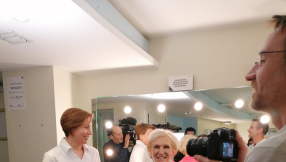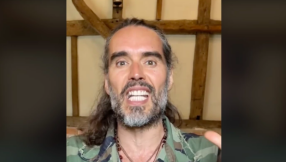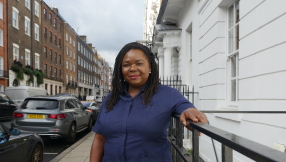
The support of the Scottish Catholic Church could sway the referendum in favour of Scottish independence, writes Professor Tom Devine in the Times today.
Practising Catholics account for about 16 per cent of the Scottish electorate, but when added to the 'cultural Catholics' – those with familial and social ties – they make up about a quarter.
Geographically, there are in a strategic position too, since Catholics are concentrated in the west, where their vote could be influential in deciding the outcome.
But the Catholic vote is by no means guaranteed. Historically, Catholics were opposed to devolution, as sectarian division made them sceptical about the Presbyterian majority using devolution to gain greater influence.
This scepticism has, however, been declining since the 1980s. Polls now suggest that the 30 per cent support independence, compared with 26 per cent of those with no religion, and 17 per cent in the Church of Scotland.
A distinctive feature of the Catholic Church, Devine highlights, is that while all churches in Scotland have seen attendance fall, the Catholic Church has managed to retain members in their 20s and 30s – an age group more likely to support the yes campaign.
He argues that with the decline of sectarianism and equalising educational and social opportunities, Scottish Catholics are more at peace with their national identity. Even so, Catholics are still more likely to live in the most deprived areas of the country.
Add to this the fact that the SNP has developed relationships with those at the top of the Catholic Church, while "Scotland's Catholics were taken for granted by Labour for a generation" and Devine says the Labour party "may find its complacency has cost it dear."
Professor Sir Tom Devine is Sir William Fraser Professor Emeritus of Scottish History and Palaeography at the University of Edinburgh.










